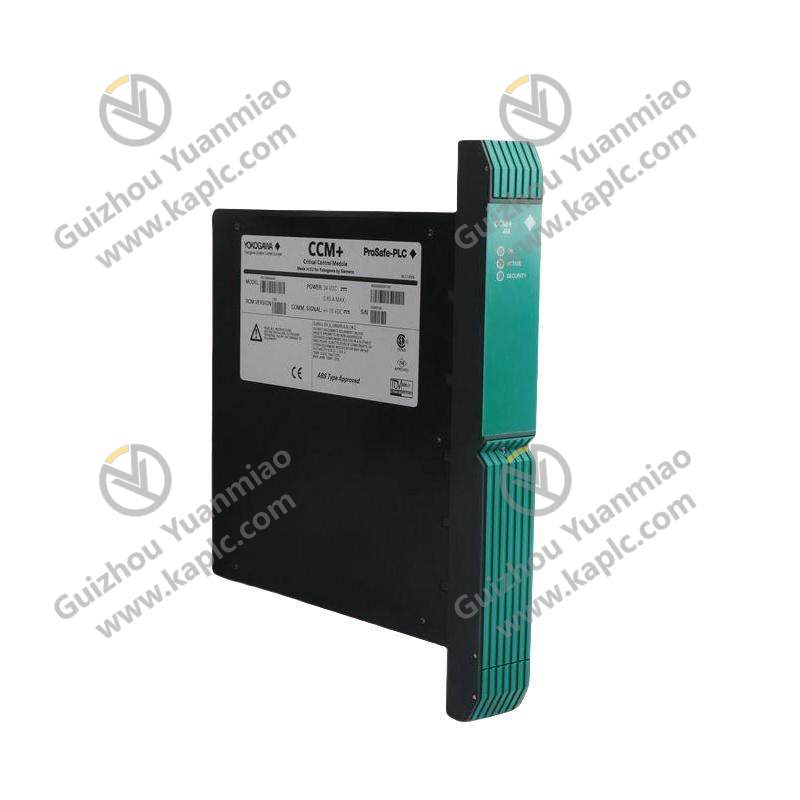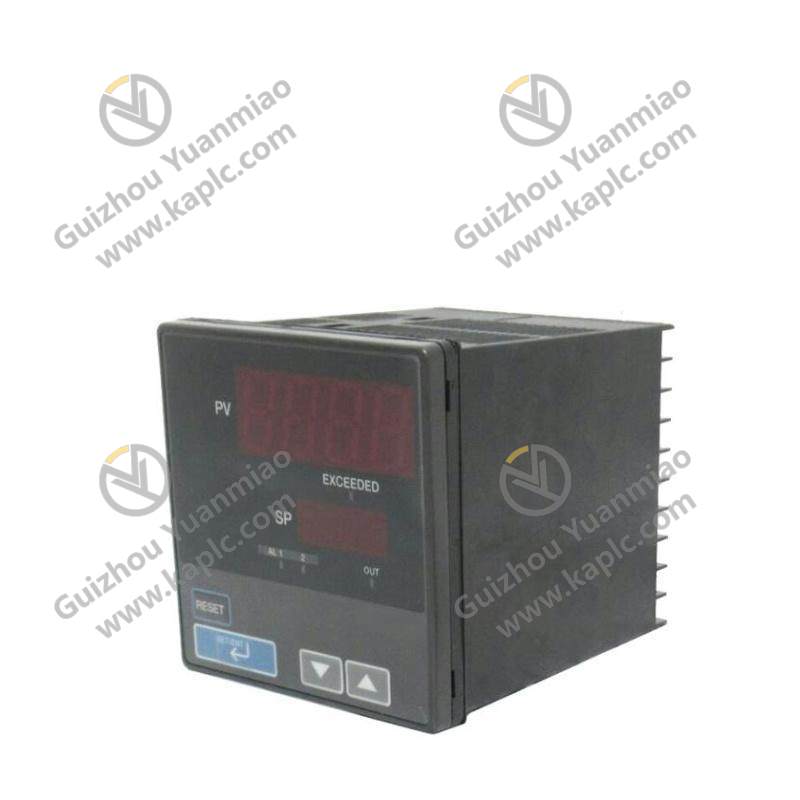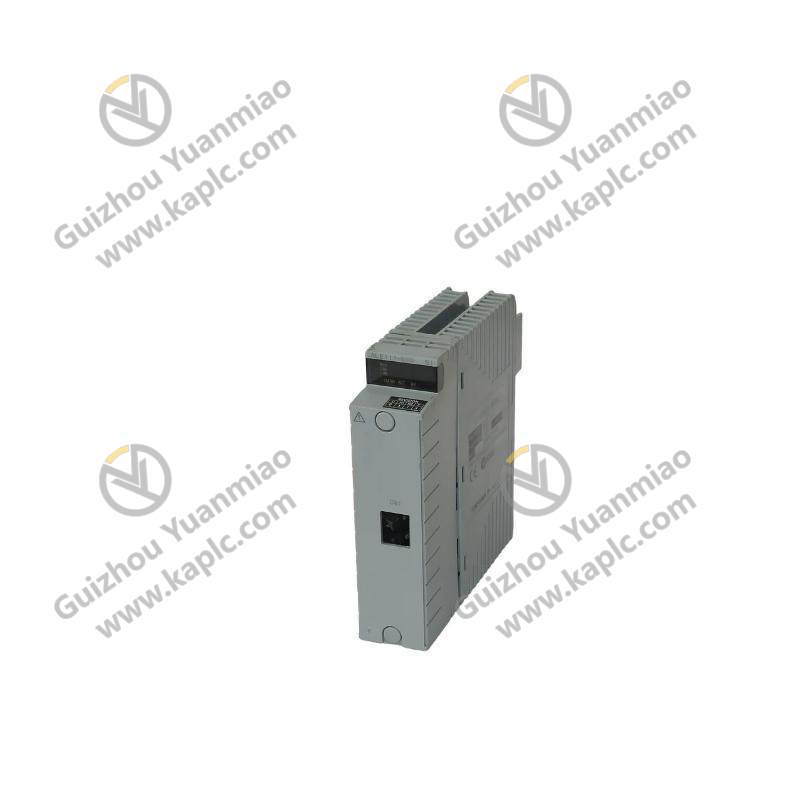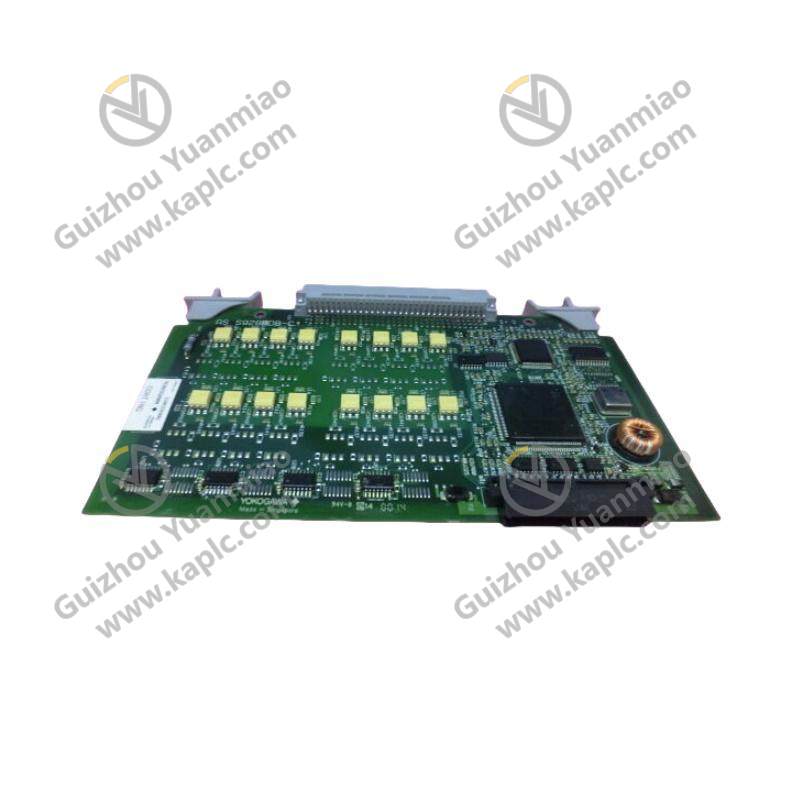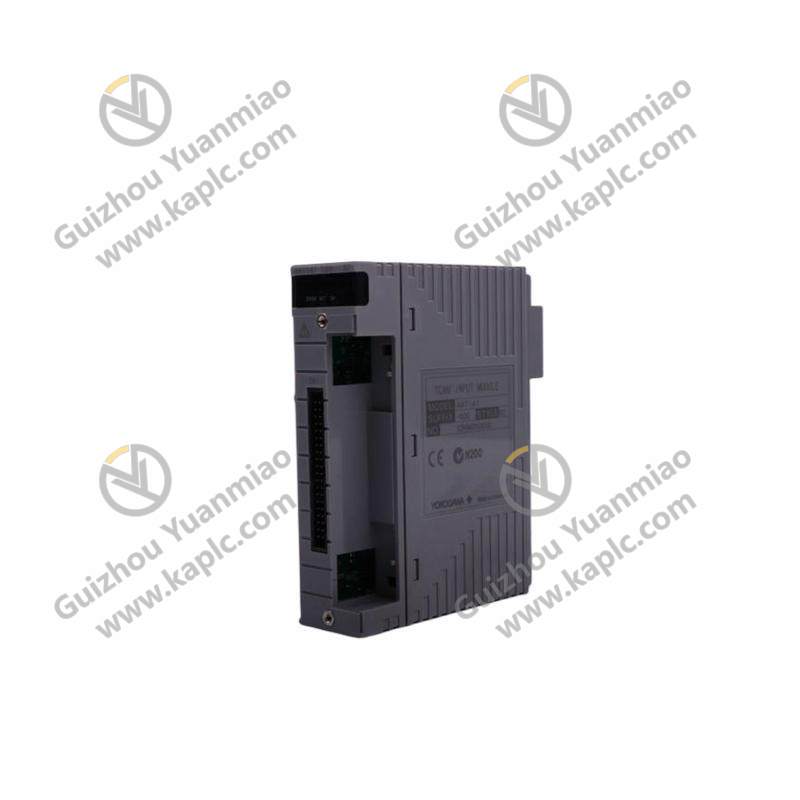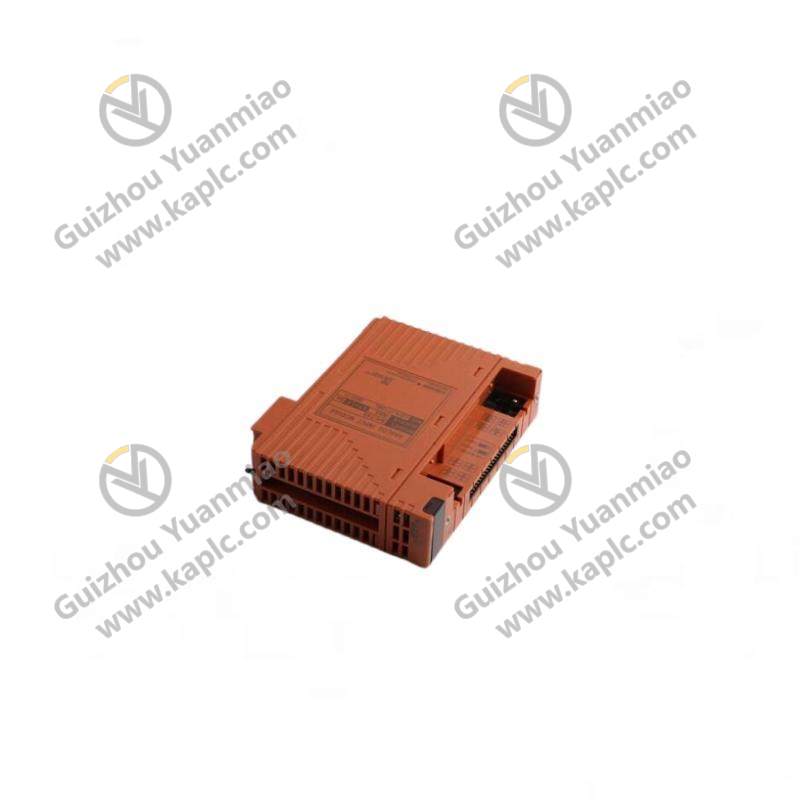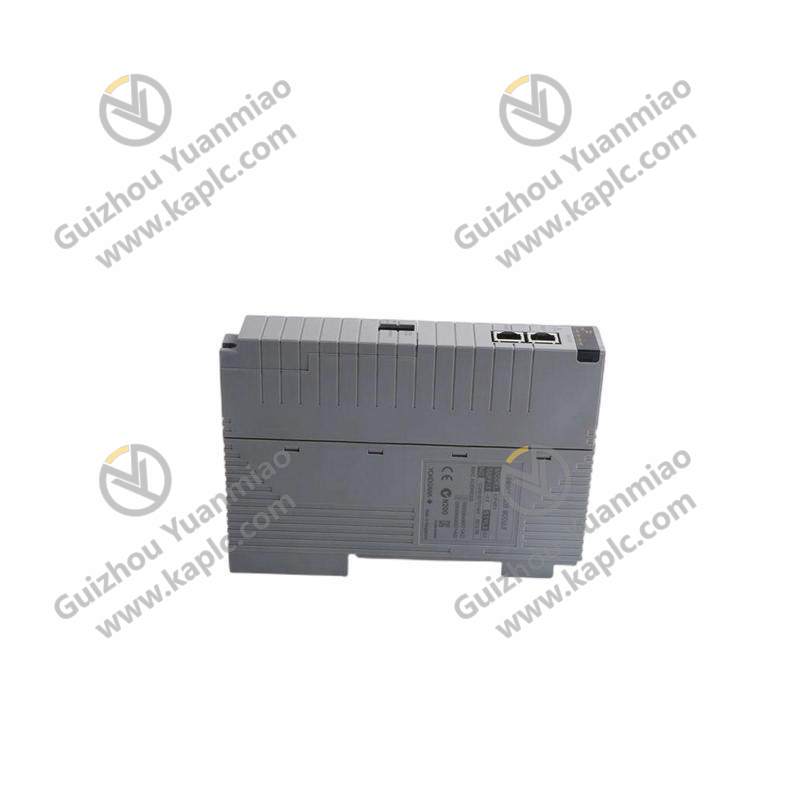Yokogawa 16418-541/1 PSCCM24AAN - Critical Control Module
Processor Type:Advanced Microcontroller
Operating Voltage:12-48V DC
Communication Interfaces:Modbus, CANopen, Ethernet
Memory Capacity:16Kbytes RAM, 32Kbytes Flash
Operating Temperature:-20°C to +70°C
Power Consumption:Max. 5W
Dimensions (mm):96 x 96 x 40
Weight:0.5kg
The Yokogawa 16418-541/1 PSCCM24AAN Critical Control Module is a cornerstone of modern industrial automation systems, engineered to handle complex process control tasks with unparalleled reliability. It features an advanced digital signal processing unit that ensures precise data interpretation and swift response times, critical for maintaining optimal performance in high-stakes operations.
Designed with a wide operating temperature range (-20°C to +55°C), this module is built to withstand harsh industrial conditions, guaranteeing continuous operation even under extreme environmental pressures. Its robust construction and efficient power supply (24V DC) ensure energy efficiency and longevity, reducing maintenance costs and downtime.
Equipped with a versatile communication interface, including Modbus TCP/IP, Ethernet, and Profinet, the PSCCM24AAN facilitates seamless integration with a variety of control systems, enhancing the interoperability of your automation network. This compatibility ensures that you can leverage existing infrastructure while expanding functionality as needed.
Featuring 8 input and 8 output channels, this module supports a wide array of sensor and actuator connections, enabling precise control over various processes. The included relay contacts are rated for high current (3A @ 250V AC, 1A @ 30V DC), making it suitable for driving heavy loads without compromising on safety or reliability.
With software compatibility across a range of platforms like Yokogawa's CENTUM VP and MV, the PSCCM24AAN Critical Control Module ensures a smooth transition to advanced process control strategies, allowing for the implementation of sophisticated control algorithms and predictive maintenance routines. This not only optimizes operational efficiency but also enhances the overall system's adaptability and scalability.
